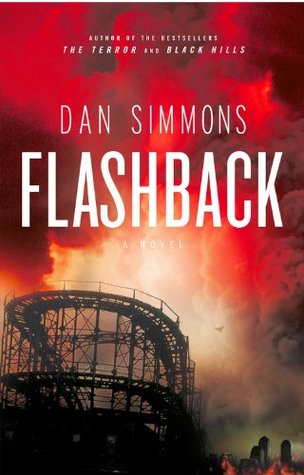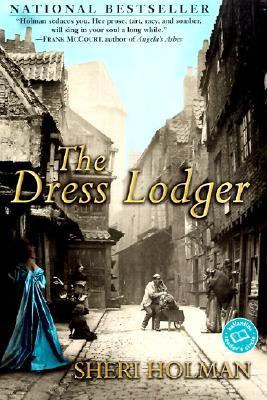 |
I read an interesting book recently, Flashback by Dan Simmons. Set in the future, it's essentially a murder mystery with a disgraced ex-detective being forced to solved the murder of a powerful man's son. The title refers to flashback, a drug that most Americans are addicted to, in which you flash back to memories from your past. As you can imagine, this doesn't bode too well for the U.S. economy, etc. In Flashback the U.S. and most of the rest of the world's civilizations have been destroyed. |
Furthermore, in this world, Simmons writes the U.S. was totally bankrupted/destroyed by its entitlement programs. Europe was destroyed by its socialist policies. In addition, Simmons states multiple times that anthropogenic climate change is a "hoax". He mentions one lab repeatedly where this nefarious research took place and which is the site of horrific research in the novel. (Never mind the hundreds of other universities and labs that do research in this area which are never mentioned.)
To make a long story short, Tea Partiers would love this book.
Before reading this novel I had no idea what Mr. Simmons' personal political views were...but I have a pretty strong feeling I do now.
Should you include strong political views in your novel? In my opinion: caveat scriptor. I'll put it another way. Has Electric Spec ever published a story with such blatant political propaganda? No.
Stay tuned next week for an update on the Awesome August issue and our production meeting!




